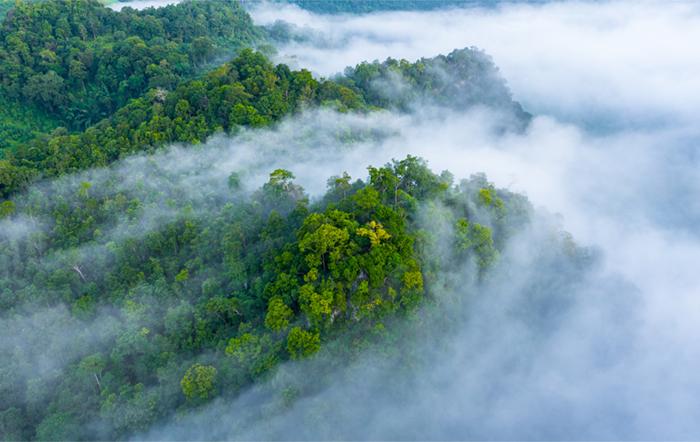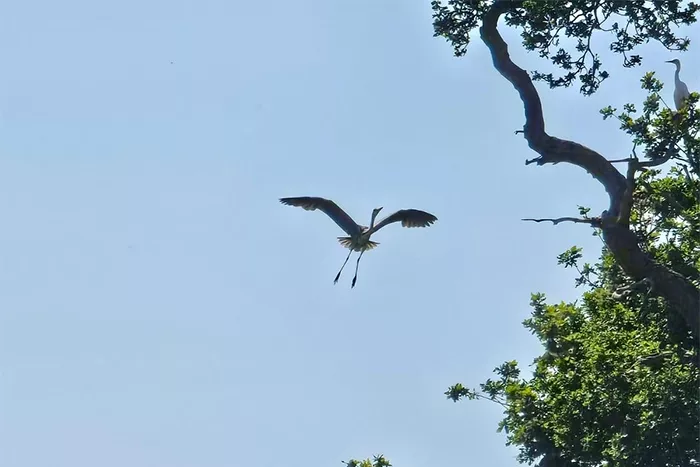Tabina Manzoor, a Kashmiri student, researcher, and environmentalist currently pursuing an MSc in Water Science, Policy, and Management at SoGE, served as a student co-moderator at Oxford’s recently concluded Right Here Right Now Global Climate Summit, where she also gave an opening address at the Sheldonian Theatre.
News

New funding to improve water security for 10 million people in Africa and Asia by 2024
New funding from the Foreign, Commonwealth and Development Office will support global research and practice to improve water security for 10 million people in Africa and Asia, through Oxford University's REACH programme led by SoGE and the Smith School.
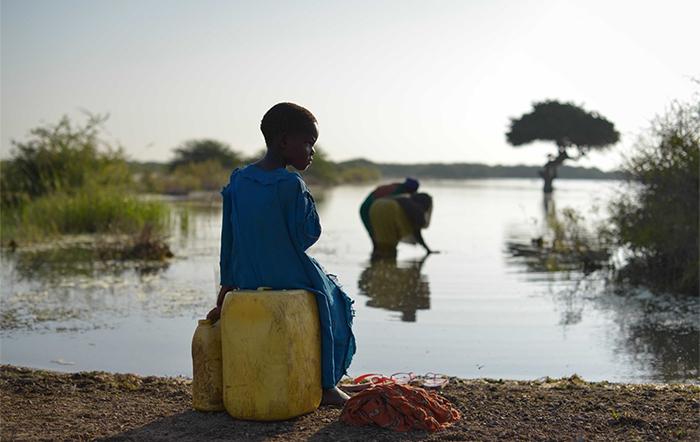
Coronavirus: Is the cure worse than the disease? The most divisive question of 2020
Danny Dorling considers experts' current and changing beliefs of how best to manage the pandemic and where the balance of advantages and disadvantages lies in his latest article for The Conversation.
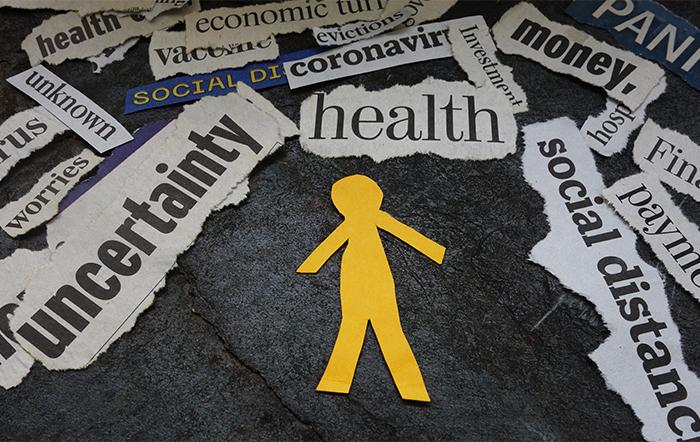
Laura Antona awarded ESRC Postdoctoral Fellowship to support migrant shelters in Southeast Asia
Laura Antona has been awarded an 18-month postdoctoral fellowship by the ESRC to build on her doctoral research, which focusses on the experiences of migrant domestic workers who are no longer willing or able to work-for or live with their employers in Singapore.
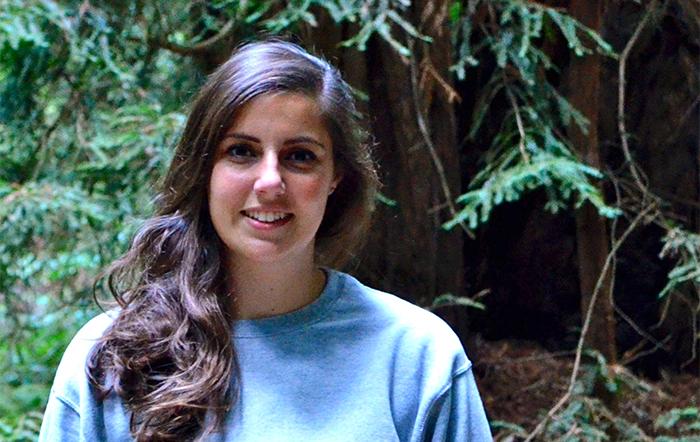
A transition to working from home won't slash emissions unless we make car-free lifestyles viable
TSU researcher, Hannah Budnitz discusses whether a seismic shift to home working in-light-of COVID-19 is good news for the environment in her newly-authored article for The Conversation.
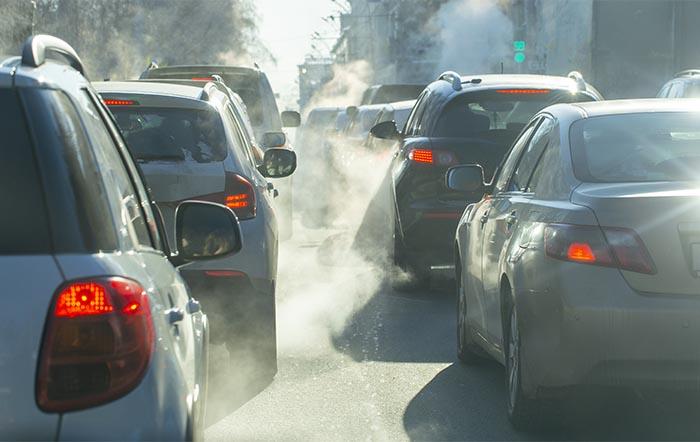
People, not carbon emissions, should be at the heart of the west's climate action
In focusing on targets, activists from rich countries risk putting metrics above the lives of vulnerable people, says Aruna Chandrasekhar. Read in full via The Guardian.

Yadvinder Malhi Awarded CBE in Queen's Birthday Honour
Yadvinder Malhi, Professor of Ecosystem Sciences at the School of Geography and the Environment, University of Oxford, has been awarded a CBE in the Queen's Birthday Honours List, announced on 10th October 2020, for services to Ecosystem Science.
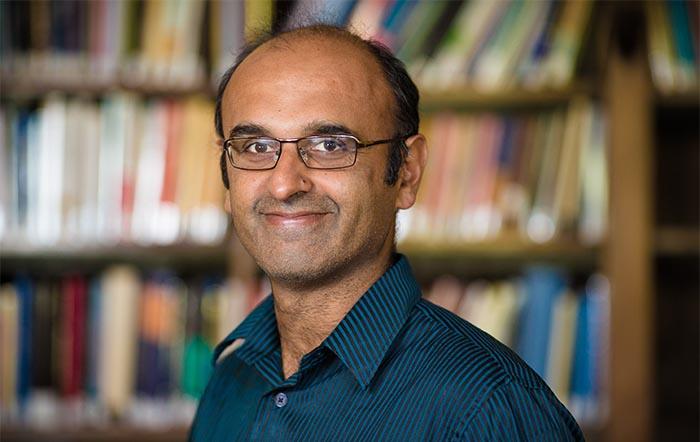
TED: Fossil fuel companies know how to stop global warming. Why don't they?
The fossil fuel industry knows how to stop global warming, but they're waiting for someone else to pay, says climate science scholar Myles Allen. Instead of a total ban on carbon-emitting fuels, Allen puts forth a bold plan for oil and gas companies to progressively decarbonize themselves and sequester CO2 deep in the earth, with the aim of reaching net-zero emissions by 2050 and creating a carbon dioxide disposal industry that works for everyone. This talk was presented at an official TED conference.
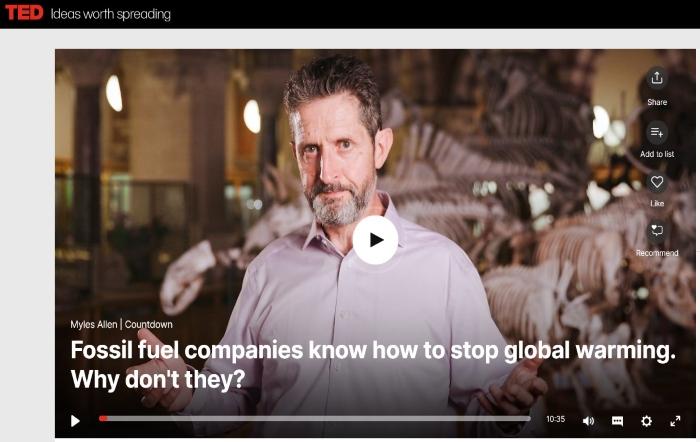
Analysis shows Australia still lags behind on a renewable recovery
Analysis conducted by WWF in partnership with Brian O'Callaghan and Cameron Hepburn at the Oxford Smith School shows Australia's stimulus investments in renewable industries lag behind other markets and key trading partners. Based on recent Federal Government announcements, Australia will spend approximately AUD $96 per capita on clean recovery stimulus - almost nine times less than the global leader, EU ($897 per capita).

BP Bets Future on Green Energy, but Investors Remain Wary
The Wall Street Journal covers BP CEO Bernard Looney's plans to tilt the British energy company away from oil, hoping to profit instead from wind and solar power. With comment from Cameron Hepburn.




